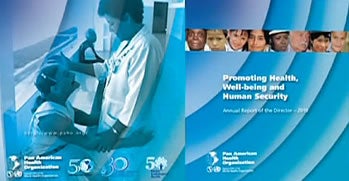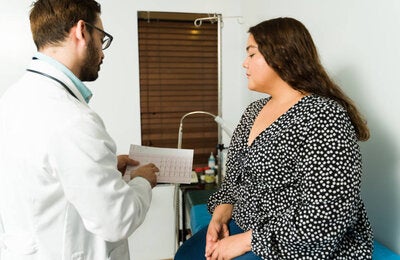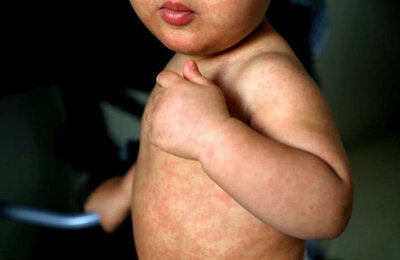
Washington, D.C., Sept. 27, 2010 (PAHO) — The Director of the Pan American Health Organization (PAHO), Dr. Mirta Roses, today presented the Annual Report of the Director — 2010, during the opening session of the 50th meeting of the PAHO Directing Council.

The director's report summarizes the major work of the Pan American Sanitary Bureau (the secretariat of PAHO) during 2009 and early 2010. The focus of this year's report is "human security" and the ways in which PAHO's technical cooperation contributes to the security of the peoples of the Americas.
"Ensuring human security, like ensuring national or property security, is a basic responsibility of governments, and fulfilling this responsibility requires not just preventing conflicts, damages and losses but also creating systems—political, social, environmental, economic, and cultural—that provide people with the opportunities and basic protection for a productive and dignified life," said Dr. Roses.
The earthquakes that struck Haiti and Chile, along with the A (H1N1) influenza pandemic were "a poignant reminder of the importance of and the links between health and human security," she noted. The first pandemic in 40 years "provided a major test for, and largely validated, the preparedness efforts that PAHO has supported in its member countries over the past few years."
Haiti's Jan. 12 earthquake "showed once again how fragile human security is in the face of chronic poverty and vulnerability," she said.
In presenting the report, Dr. Roses described a number of PAHO's technical cooperation activities during the past year:
- During the 2009-10 H1N1 influenza pandemic, PAHO mobilized interdisciplinary teams of experts to provide technical assistance, and guaranteed access for its member countries to the new H1N1 vaccine.
- Following the earthquake in Haiti, PAHO played a central role in coordinating health —related relief efforts as head of the Health Cluster, organized by the United Nations.
- Following Chile's earthquake, PAHO worked with other U.N. agencies and mobilized international experts on disasters, hospital infrastructure, environmental health, mental health, and mass communication to support Chile's response. In addition, PAHO coordinated vaccine donations and the purchase of biomedical equipment and electric generators.
- PAHO helped member countries mitigate the impact of the economic crisis on health budgets through efforts to identify sustainable financial solutions, more equitable distribution of limited resources and the reorganization of health systems based on the primary health care approach.
Other areas of technical cooperation detailed in the report include:
- Nutrition and food security, especially for children and pregnant women.
- Harmonization of laws and regulations on food safety.
- Research on the economic impact of traffic injuries.
- Promotion of a comprehensive care model for sexual and reproductive health.
- Efforts to incorporate new population groups into national systems for social protection in health.
Dr. Roses thanked PAHO's Member States, Collaborating Centers, and donors for supporting the work described in the report.
"PAHO will continue its efforts to promote health as a key contributor to human and community security and to improve the health and quality of life of all the peoples of the Americas," she said.
PAHO was established in 1902 and is the world's oldest public health organization. It works with all the countries of the Americas to improve the health and quality of life of the people of the Americas and serves as the Regional Office for the Americas of the World Health Organization (WHO).
The PAHO Directing Council brings together ministers of health and other high-level delegates from throughout the Americas each year to set priorities for Pan-American cooperation in health and to guide PAHO's technical cooperation programs in its Member States.
Links:
- Video
- Annual Report of the Director 2010
- PAHO's 50th Directing Council blog
- 50th Directing Council: Program of meetings and other useful information



